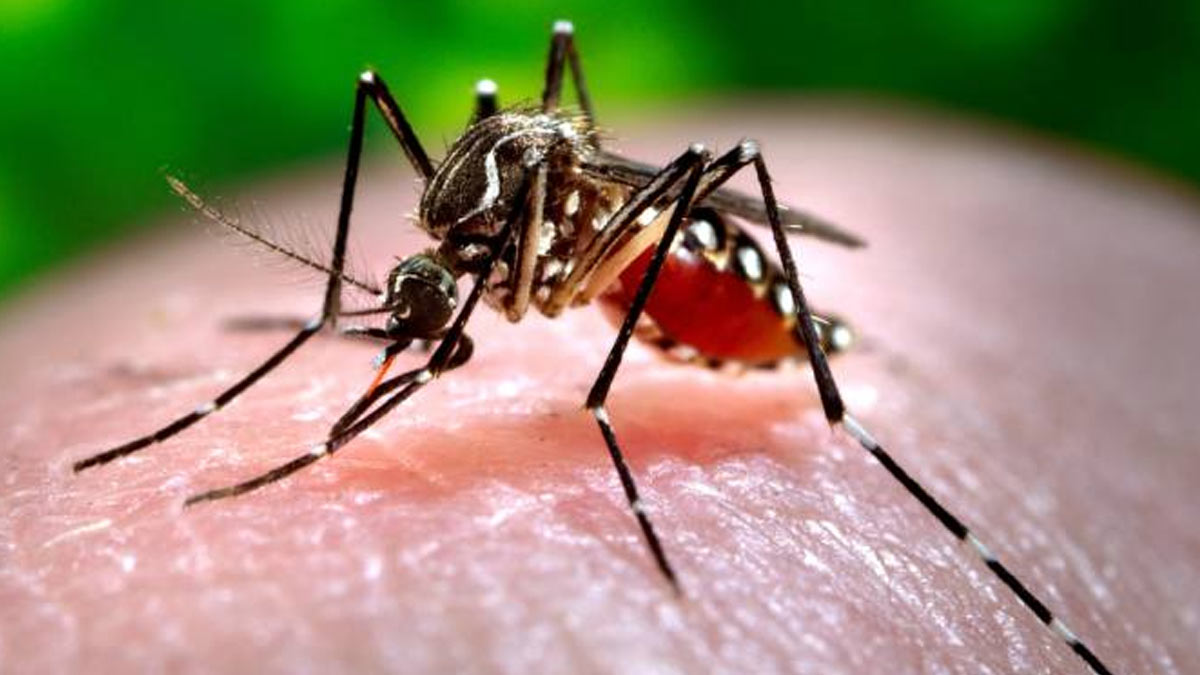
Bengaluru is grappling with a significant rise in dengue cases, with a 59% increase reported between January and May compared to the previous year. This surge has raised concerns about public health and the effectiveness of measures in place to combat the spread of this mosquito-borne disease.
Table of Content:-
A Significant Spike in Cases
The Bruhat Mahanagara Palike (BBMP) has released data indicating that from January 1 to May 15 this year, Bengaluru recorded 932 dengue cases. This is a stark increase from the 583 cases reported during the same period in 2023. However, it's important to note that this figure is still lower than the 2,076 cases recorded in the first five months of 2020.
Factors Behind the Increase
Experts attribute the increase in dengue cases to several factors, including improved reporting mechanisms and potential lapses in vector control measures. The BBMP has been criticized for its perceived lack of preparedness and ineffective strategies in handling the outbreak of vector-borne diseases like dengue.
Understanding Dengue
Dengue fever, also known as "break-bone fever," is a viral infection transmitted primarily by Aedes aegypti mosquitoes. It is prevalent in tropical and subtropical regions. While many people infected with dengue virus do not exhibit symptoms, those who do may experience high fever, severe headache, pain behind the eyes, muscle and joint pain, nausea, vomiting, swollen glands, and a rash. Symptoms typically appear 4-10 days after being bitten by an infected mosquito and can last 2-7 days.

Severe Dengue
A small percentage of cases can progress to severe dengue, which can be life-threatening. Severe symptoms often emerge after the initial fever subsides and include severe abdominal pain, persistent vomiting, rapid breathing, bleeding gums or nose, fatigue, restlessness, and blood in vomit or stool. Immediate medical attention is crucial for individuals exhibiting these severe symptoms.
Prevention and Control
Preventing mosquito bites is the primary method to reduce the risk of dengue. Here are some key strategies as per Dr Swapnil M. Khadake, HOD & Consultant Critical Care, Fortis Hiranandani Hospital Vashi:
Also Read: India Reports 324 Cases Of COVID-19 Sub-Variants KP.1 And KP.2.; Here's What You Need To Know
Personal Protection
- Wear Protective Clothing: Long-sleeved shirts and long pants can reduce skin exposure to mosquito bites.
- Use Mosquito Repellents: Apply repellents containing DEET, Picaridin, or IR3535 on exposed skin.
- Install Screens: Ensure windows and doors are fitted with screens to prevent mosquitoes from entering homes.
- Use Mosquito Nets: Sleeping under mosquito nets, especially during the day when Aedes mosquitoes are most active, can provide additional protection.
Environmental Management
- Eliminate Breeding Sites: Mosquitoes breed in standing water. Regularly empty, clean, or cover containers that hold water, such as flower pots, buckets, and barrels.
- Proper Waste Disposal: Dispose of solid waste properly to eliminate potential breeding grounds.
- Insecticide Application: Use appropriate insecticides to treat water storage containers and other areas where mosquitoes breed.
Community Engagement
Educating the community about dengue prevention and encouraging proactive measures can significantly reduce the risk of dengue transmission. Community-based surveillance and control activities are vital in maintaining vigilance against the spread of the disease.
Treatment and Management
There is no specific antiviral treatment for dengue. Management focuses on relieving symptoms. Acetaminophen (paracetamol) is commonly used to reduce fever and alleviate pain. Non-steroidal anti-inflammatory drugs (NSAIDs) like ibuprofen and aspirin should be avoided due to the risk of bleeding complications.
Also Read: Delhi Records 47.4 Degrees Celsius, 'Red Alert' Issued For Next 5 Days; Do’s And Don’t Of Heat Wave
Global Context
Dengue is a growing global health challenge, with the World Health Organization (WHO) reporting a dramatic increase in cases over recent decades. In 2023, the highest number of dengue cases was recorded, with over 6.5 million cases and more than 7,300 dengue-related deaths reported worldwide. The Americas, Southeast Asia, and the Western Pacific regions are the most affected, with significant outbreaks also occurring in Europe and the Eastern Mediterranean.
Bottomline
The recent spike in dengue cases in Bengaluru highlights the ongoing challenge of managing and preventing vector-borne diseases. Effective prevention requires a multifaceted approach, including personal protection, environmental management, community engagement, and robust healthcare systems. By adopting these measures, individuals and communities can significantly reduce the risk of dengue transmission and improve public health outcomes.
Also watch this video
How we keep this article up to date:
We work with experts and keep a close eye on the latest in health and wellness. Whenever there is a new research or helpful information, we update our articles with accurate and useful advice.
Current Version